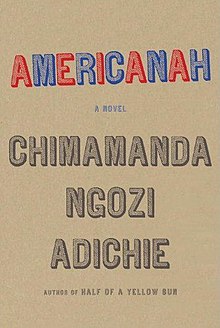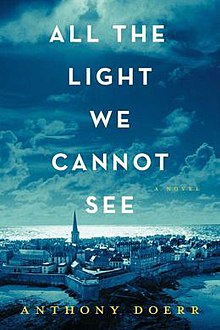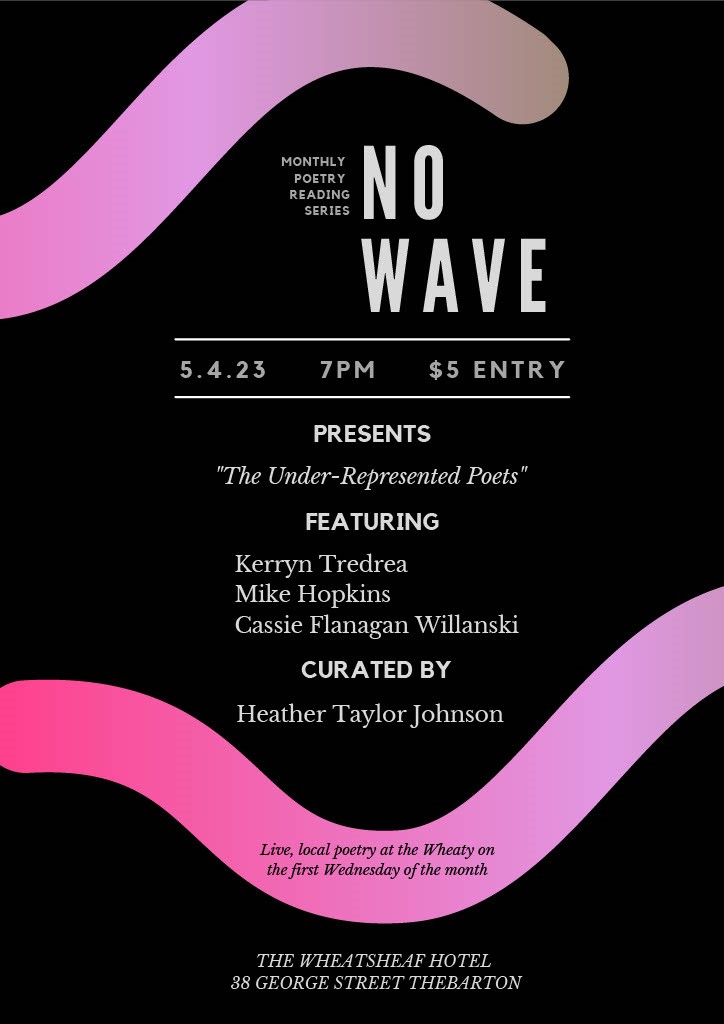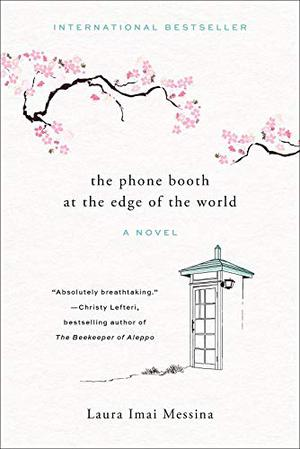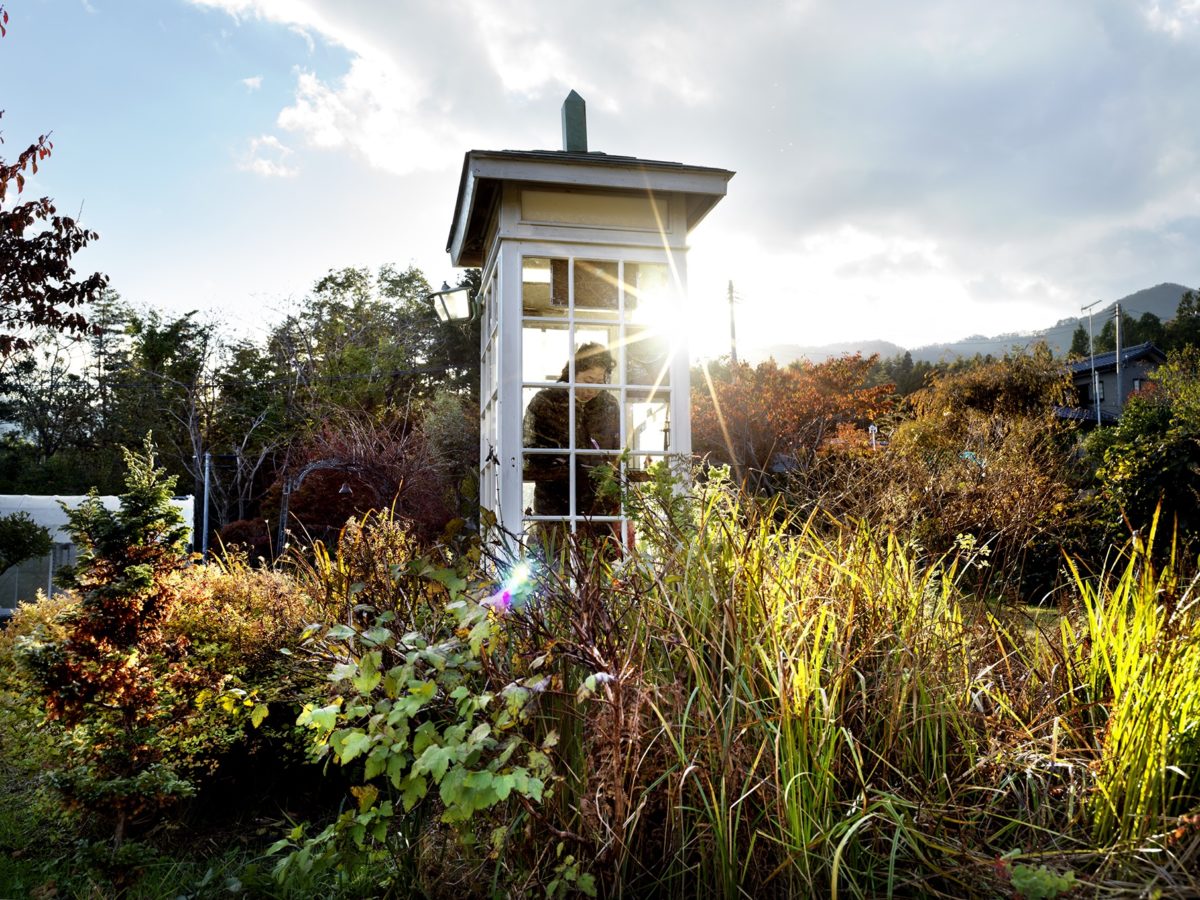
The Art of Breaking Ice by Rachael Mead
My rating: 5 of 5 stars
Rachael Mead’s previous book “The Application of Pressure” was an entertaining and enlightening series of linked stories, about the lives and experiences of two Adelaide para-medics. This time, she’s produced a cracking piece of historical fiction, based on the life of Nel Law, the first woman to set foot in Antarctica.
Mead opens by making it clear that Nel Law, even in death, is recorded historically as an appendage to her famous Antarctic explorer husband, Phil Law. Law is living a comfortable middle-class life in claustrophobic 1950s Melbourne. She is a housewife and support for her husband. But as she approaches middle age, she becomes increasingly disenchanted with her role. She is a talented artist, but has little time to explore her creative talents. She is childless, mainly because she and her husband have decided that his career is more important than having a family. She is also grieving the death of her cat.
Somehow, she persuades her husband to smuggle her on board the Antarctic expedition of 1960, aboard the ship Magga Dan. Mead has compacted Nel Law’s Antarctic experiences into one fictional expedition, in which Law struggles against not just the extreme weather of Antarctica but more so the extreme chauvinism, suspicions and resentments of her male fellow expeditioners.
Her husband is amongst the worst offenders. Even though he has brought her along on the expedition, he continues to see her as a frivolous person, only there to observe his greatness and keep out of the way whilst he does the serious stuff. He has no appreciation for her talent as an artist and is solely focussed on the success of the expedition, driving his men to their limit and creating resentment on all sides.
This is not just the story of an extraordinary woman in extreme physical and emotional situations, but a vivid picture of the challenges faced by women in carving out anything like an independent identity in a male dominated society. If this sounds ‘heavy’, it is, but Mead makes Law’s story engrossing and highly readable.
__________________________________________________________________________________________

Childhood: A Memoir by Shannon Burns
My rating: 5 of 5 stars
Shannon Burns recounts his life in the down-at-heel northern suburbs of Adelaide, from earliest memories (about aged 2) through to late teens. The son of dysfunctional parents, he eventually finds salvation in literature, devouring the classics and immersing himself in poetry. All the while he is either struggling at school (bored, disruptive, distracted, permanently hungry), or working in dead-end jobs. When what passes for home life becomes too much he leaves and is homeless or living in bare bedsits or couch surfing. Somehow, he survives and manufactures out of less than nothing a separate, settled, successful life.
Thankfully my childhood was not as extreme as his, but I identified with quite a number of his experiences. I barely know him personally, but my limited impression of him couldn’t have been more inaccurate. The book deserves more recognition than it appears to have received.
His story is shocking and astonishing. It is an engrossing read, though not an easy one, and some may find it too disturbing. However, the reader can take solace in the very existence of the book and the achievements of the writer mean that Burns overcomes everything that life throws at him, though not unscathed.
View all my reviews


